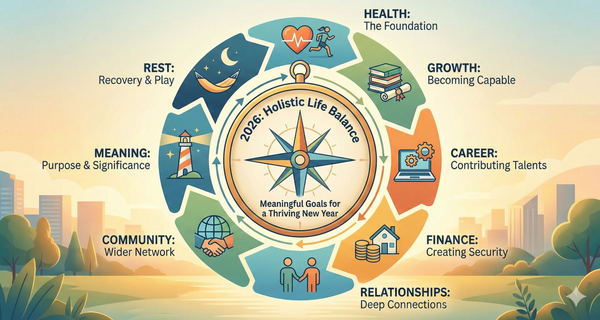How to Talk About Money in Relationships
Why Talking About Money is Crucial for a Healthy Relationship
Open and honest communication about finances is a cornerstone of a strong and lasting relationship. Talking about money builds trust, ensures you and your partner are on the same page, and helps you navigate life’s financial journey together. It’s not just about numbers; it’s about understanding each other’s values, dreams, and fears.
Building Trust and Intimacy
Financial transparency fosters a deep sense of trust. When you can openly share your financial situation, including debts and spending habits, you create a safe space for honesty. This vulnerability can lead to greater emotional intimacy, strengthening your bond as a couple.
Aligning on Life Goals
Whether you dream of buying a house, traveling the world, or retiring early, most life goals have a financial component. Discussing money allows you to align your individual aspirations into a shared vision for the future. This alignment ensures you are both working towards the same objectives, making you a more effective team.
Preventing Financial Infidelity
Financial infidelity—hiding debt, secret accounts, or making large purchases without consulting your partner—can be as damaging as emotional or physical affairs. Open communication is the best preventative measure. When money is a regular topic of conversation, there are no secrets and no surprises.
Key Principles for a Successful Money Talk
To ensure your financial conversations are productive, it’s important to establish some ground rules. These principles will help you create a positive and respectful environment for discussing what can be a sensitive topic.
Choose the Right Time and Place
Don’t bring up money in the middle of an argument or when either of you is stressed or tired. Instead, schedule a specific time to talk when you are both calm and can give the conversation your full attention. A quiet, private setting is ideal.
Be Honest and Transparent
Honesty is non-negotiable. Be prepared to lay all your financial cards on the table—income, debts, investments, and spending habits. This transparency is the foundation for building a shared financial future.
Use "I" Statements to Avoid Blame
Frame conversations around your own feelings and perspectives by using "I" statements. For example, say “I feel anxious when I see large credit card bills” instead of “You spend too much money.” This approach reduces defensiveness and promotes a more collaborative discussion.
Stay Calm and Respectful
Money talks can be emotionally charged. Make a pact to remain calm and respectful, even if you disagree. Remember that you are on the same team, and the goal is to find solutions together, not to win an argument.
Practical Steps to Get Started
Knowing you should talk about money is one thing; actually doing it is another. Here are some practical steps to help you get started on the right foot.
Schedule Regular "Money Dates"
Make financial conversations a regular part of your routine. A weekly or monthly "money date" can be a great way to check in on your budget, review your goals, and discuss any financial issues that have come up. Keeping it a regular event makes it less daunting.
Lay It All on the Table: Debts, Income, and Habits
For your first big money talk, you both need to come prepared. Gather all your financial information: pay stubs, bank statements, student loan documents, credit card bills, and investment reports. This complete financial picture is essential for effective planning.
Create a Shared Budget
A budget is not about restriction; it's a plan for your money. Work together to create a budget that reflects your shared goals and values. Track your income and expenses to ensure you are staying on track. There are many apps and tools available to make this process easier.
Set Joint Financial Goals
Once you have a clear understanding of your finances, you can start setting goals together. These could be short-term, like saving for a vacation, or long-term, like planning for retirement. Having shared goals will motivate you to work together.
Navigating Common Financial Challenges
Every couple will face financial challenges. Here’s how to navigate some of the most common ones.
Dealing with Income Disparities
If one partner earns significantly more than the other, it can create a power imbalance. It’s important to view all income as "our" money, regardless of who earns it. Focus on what each partner contributes to the relationship, including non-financial contributions.
Managing Debt as a Couple
Whether it’s student loans, credit card debt, or a mortgage, it’s crucial to have a plan to manage it together. Decide on a repayment strategy that you are both comfortable with. Ignoring debt will only make it a bigger problem down the road.
Deciding on Joint vs. Separate Accounts
There is no one-size-fits-all answer to the question of joint or separate bank accounts. Some couples prefer to merge everything, others keep their finances completely separate, and many use a hybrid approach. Discuss the pros and cons of each option and decide what works best for your relationship.
Conclusion
Talking about money doesn’t have to be scary or stressful. With the right approach, it can be an empowering experience that brings you and your partner closer together. By fostering open communication, setting shared goals, and tackling challenges as a team, you can build a strong financial foundation for a happy and secure future. The first step is to start the conversation.




